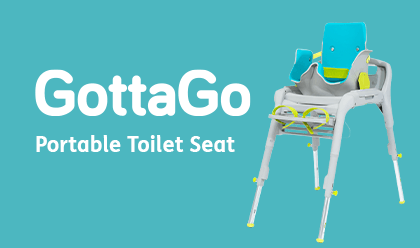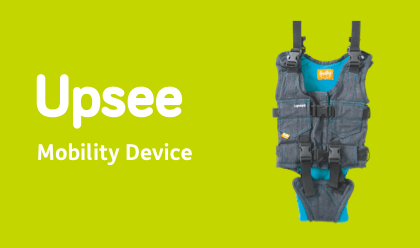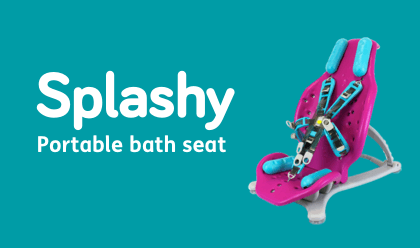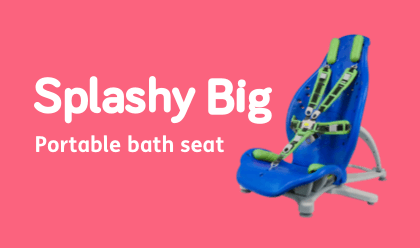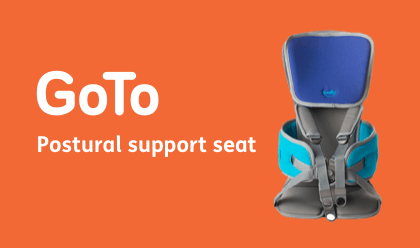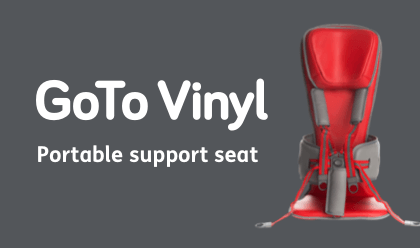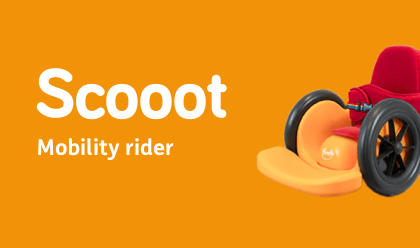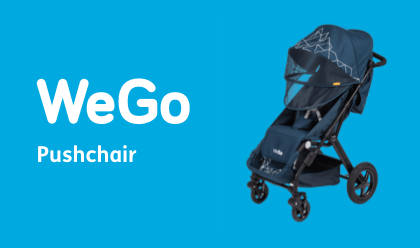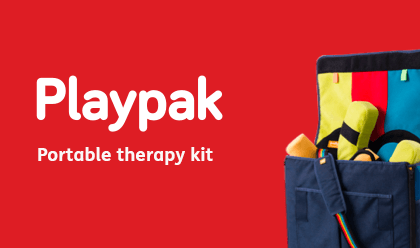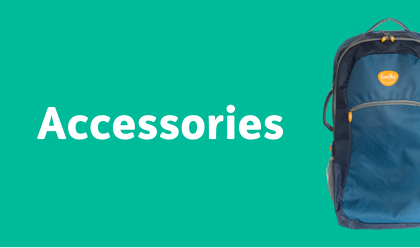Special Needs Family Fun: Keeping Disabled Children Safe in Warm Weather

Summer temperatures in the UK can be a health risk with vulnerable people including disabled children being most affected by periods of warm weather.
The following tips will help you keep your family stay safe in hot weather:
Avoid Dehydration It is extremely important that you make sure your child is kept suitably hydrated during warm weather. Dehydration can cause significant health problems and in extreme cases even death.
All children but especially those with special needs are at risk because they may not recognise that they are overheating or becoming dehydrated or communicate to you that they are feeling unwell.
Make sure your child drinks at least every 20 minutes, water or well diluted fruit juice is best. Drinks at a moderate temperature are better than those that are ice cold. Avoid drinks with caffeine.
Try making some homemade ice-lollies if you are struggling to get your child to drink regularly.
Limit activities like physiotherapy to the cooler parts of the day.
Avoid heavy foods and include plenty of fruit and salad in your child’s diet (if you can).
Always take plenty of drinks with you when you are out and about.
If your child is tube fed, take advice from your feeding specialist on how to meet their hydration needs during warm weather.
Watch out for signs of dehydration: particularly for muscle cramps in the arms, legs or stomach, mild confusion, weakness or sleep problems.
Sun Safety
Keep your child out of the sun as much as possible, especially when it is at it’s highest between 11am and 3pm. Babies under the age of 6 months should be kept out of direct sunlight altogether as their skin contains too little melanin, which is the pigment that gives skin, hair and eyes their colour and provides some protection from the sun.
If your child is in a special needs buggy or wheelchair use a parasol to keep them shaded.
Dress your child in loose fitting clothing such as cotton so sweat can evaporate. Make sure your child wears a sun hat with a wide brim or long flap at the back to protect their head and neck.
Use a high factor sun cream on the whole family - using a minimum of SPF 15 making sure it has UVA and UVB protection and is water resistant if playing in water. Apply the sun cream regularly especially if your child is in and out of water paying particular attention to shoulders, nose, ears, cheeks and tops of feet. Always reapply after towelling down your child.
Protect your child’s eyes with sunglasses that meet the British Standard (BSEN 1836:2005) and carry the “CE” mark (check the label or ask the manufacturer).
Remember sitting in the shade or using a sun parasol or umbrella does not offer total sun protection and children can still burn if sun cream is not applied.
Keeping Cool Many prescription medicines can reduce the tolerance of heat so you may need to take extra care to keep your child cool.
Stock up on supplies like medicine, food and drinks so you don’t have to go out in the heat.
Keep your home cool - shutting windows when it is hotter outside than it is inside can help. Remember to open the windows later in the evening when it becomes cooler. Closing blinds and curtains in rooms that get the sun can also help.
Leaving bottles of iced water in rooms can help bring down the room temperature during the night as they defrost.
Turn off non essential lights and electric equipment as they generate heat.
A paddling pool is a great way to keep babies and young children cool. Keep the pool in the shade and supervise children at all times. Or place a cool cloth on your child’s neck or sprinkle water over the face, hands and feet.
Plan a cool bath before bedtime.
Keep nightwear and bedclothes to a minimum.
Use a thermometer to check the temperature of your child’s room - a room temperature of 16°C (61°F) and 20°C (68°F) is ideal.
Electric fans may provide some relief, if temperatures are below 35°C. At temperatures above 35°C fans may not prevent heat related illness and may cause dehydration. Do not aim the fan directly on the body.
Watch out for the signs of heat exhaustion: including headaches, dizziness, nausea or vomiting, pale skin, heavy sweating and a high temperature.
Heatstroke can develop if heat exhaustion if left untreated - but it can also develop suddenly and without warning.
The symptoms of heatstroke include hot and red skin, headaches, nausea, intense thirst, raised temperature, confusion, aggression and loss of consciousness.
Heatstroke is a life-threatening condition.
Remember to keep an eye on the weather forecast so you can plan ahead!
